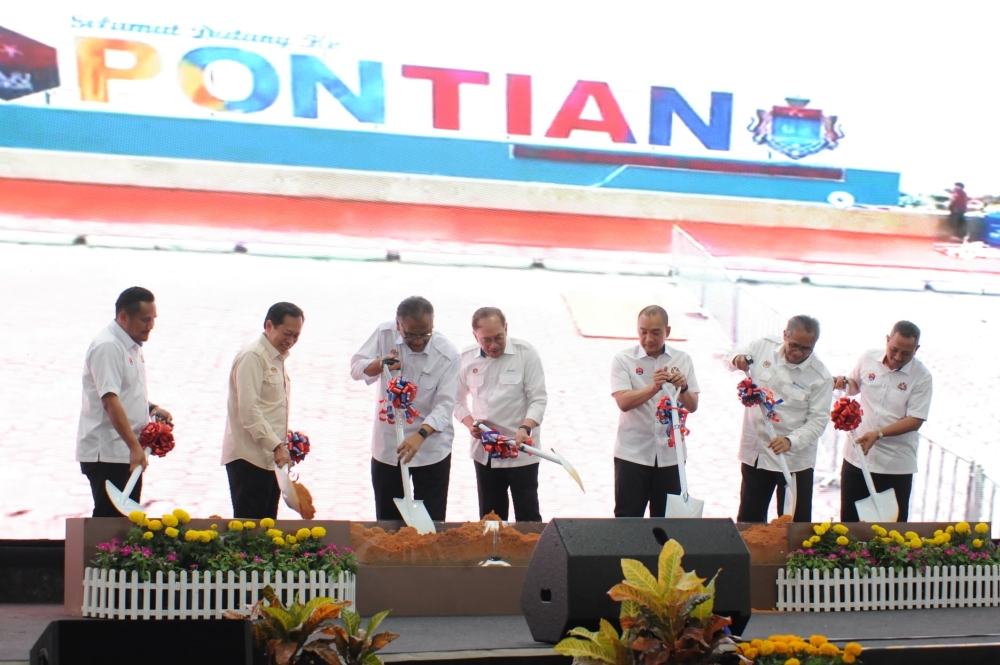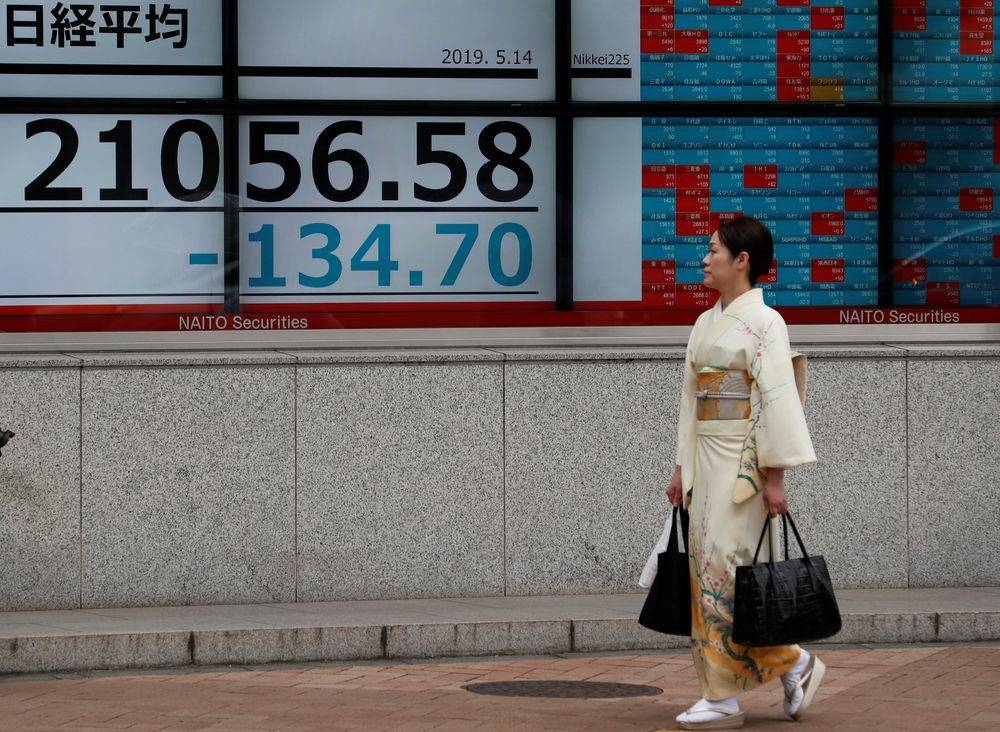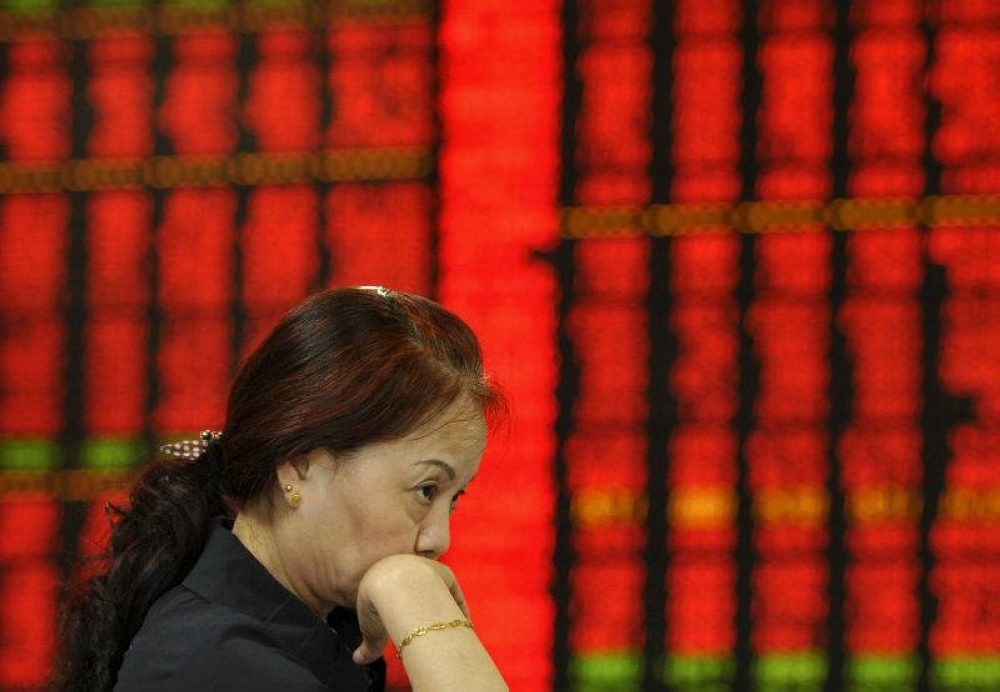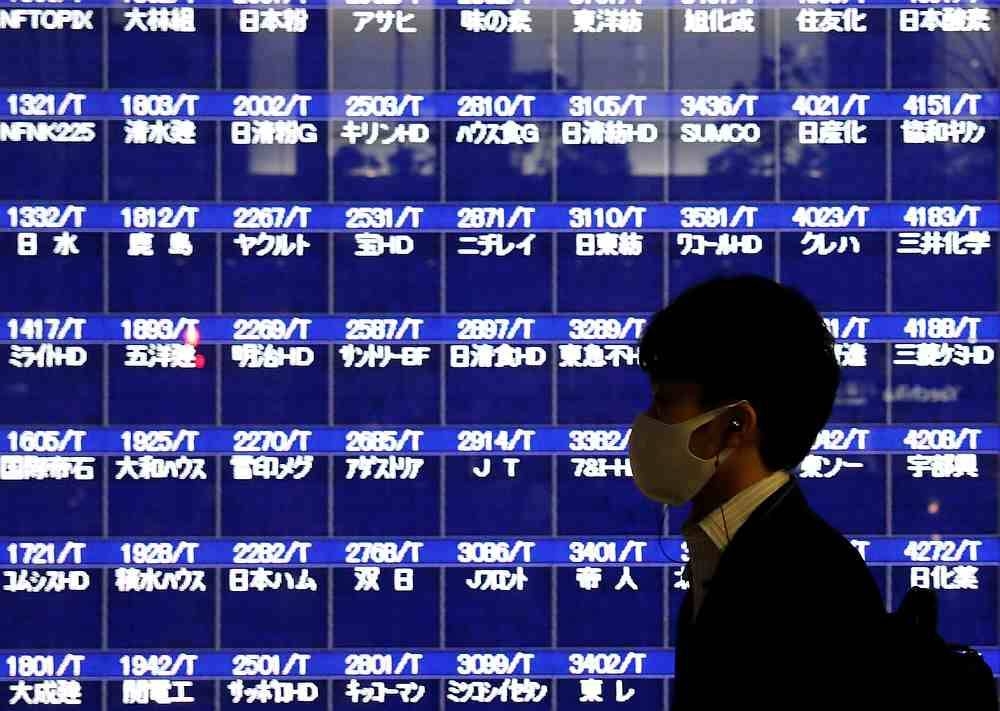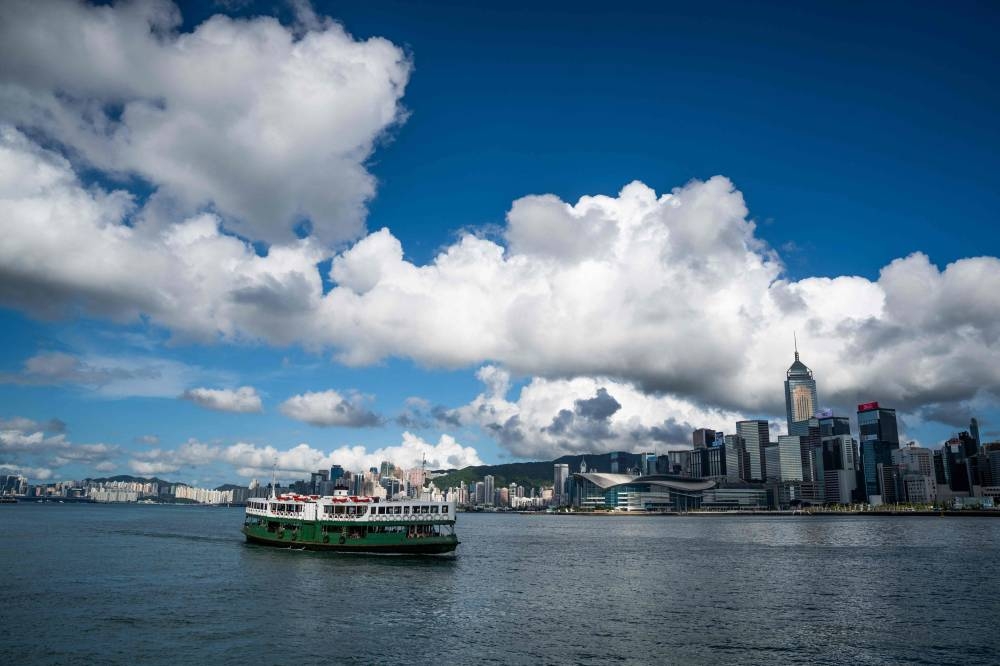HONG KONG, Aug 24 — Asian markets were down on Wednesday after falls in global stocks as the euro plunged against the dollar and traders await news on the next US interest rate hikes.
The single currency tumbled to US$0.9901 — a new 20-year low — but later clawed back losses as the greenback was hit by poor US economic data.
The dollar had strengthened this week ahead of a speech Friday by US Federal Reserve chief Jerome Powell, as markets speculate that the central bank will continue to tighten its monetary policy.
Higher interest rates boost the American currency as they make dollar-denominated debt more attractive to investors.
But the euro also has been weighed down by a gloomy outlook for the eurozone economy as Russia’s war in Ukraine has sent energy prices soaring.
The unit plunged below parity with the dollar Monday on recession fears to plumb the lowest levels since 2002, when it first came into physical circulation.
In the latest blow, S&P Global’s closely watched monthly composite purchasing managers’ index (PMI) showed that eurozone economic activity fell for the second month in a row in August.
With the Jackson Hole central banking symposium this week, the focus is on what Fed chief Powell says about plans to tackle high prices, with many fearing officials could send the economy into recession.
“I think that investors are bracing for some hawkish commentary from Fed chair Powell this coming week,” said Jack Ablin of Cresset Capital.
Wall Street indices ended mostly lower, and key markets in Asia followed suit.
Tokyo, Hong Kong and Shanghai fell — though Sydney, Seoul, Taipei, Wellington and Manila rose at the open.
US natural gas prices, meanwhile, hit a fresh 14-year high on Tuesday at US$10.028.
But across the Atlantic, European natural gas prices fell, although they remain elevated on fears of a halt to Russia’s gas deliveries.
Gas had spiked to record peaks in March after key producer Russia launched its invasion of neighbouring Ukraine.
That has sparked surging domestic energy bills, fueling decades-high inflation that has prompted tighter monetary policy around the world.
Moscow’s manoeuvres have hit the single currency hard because the bloc relies heavily on imported Russian gas, said Societe Generale analyst Kit Juckes.
“The euro’s problem is... the threat from continued squeezing of gas supplies and the cost of replacing Russian gas,” Juckes said. — AFP












